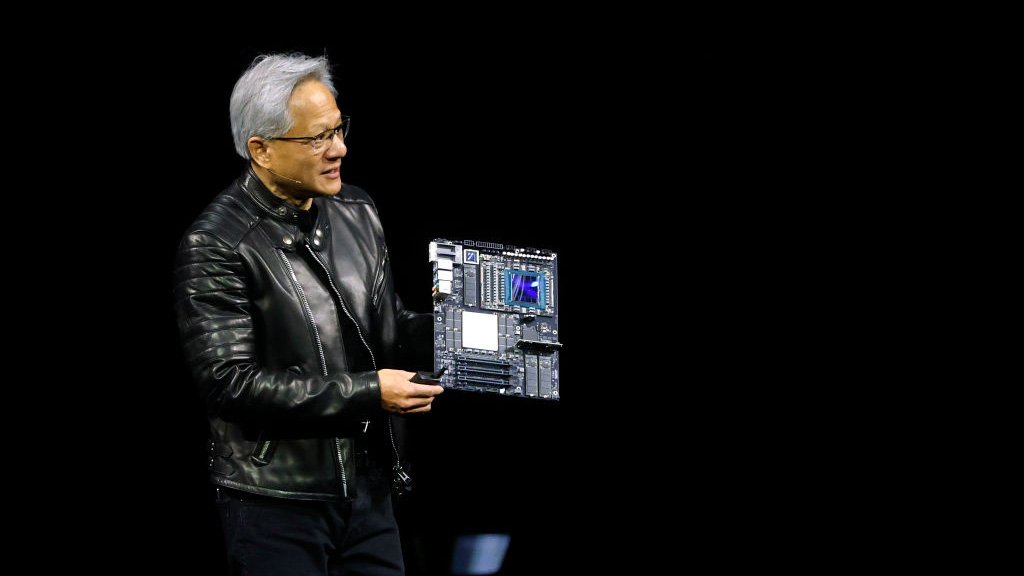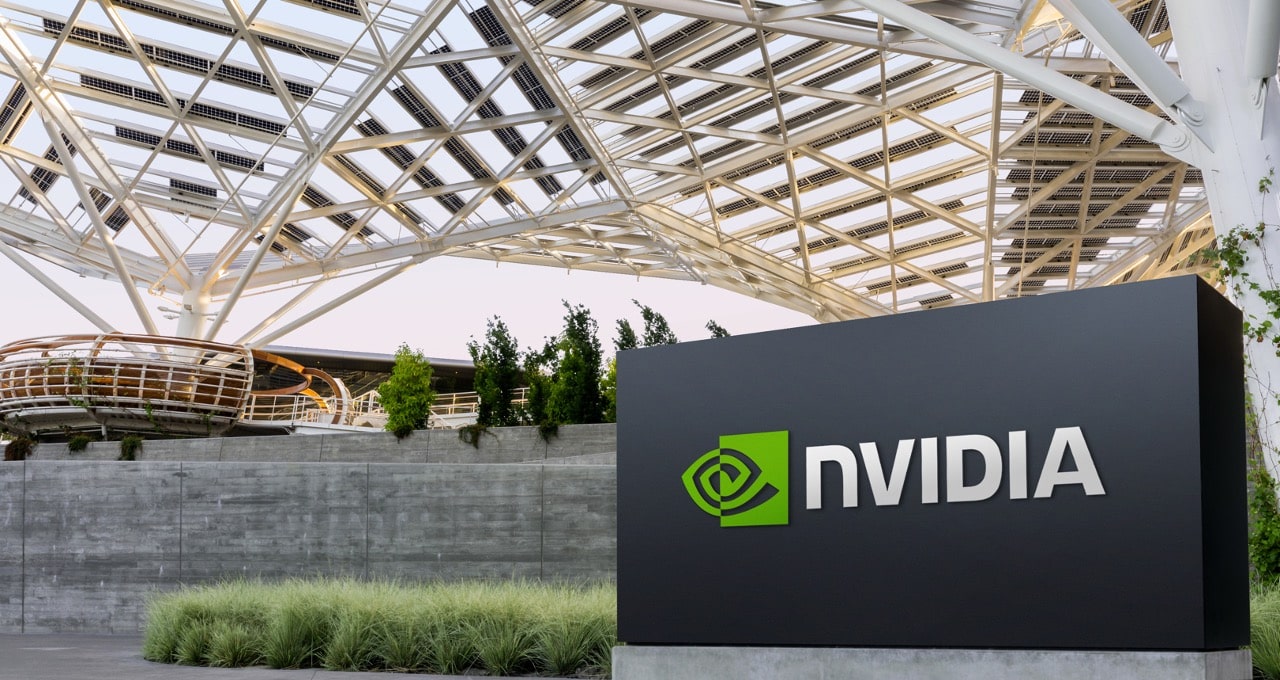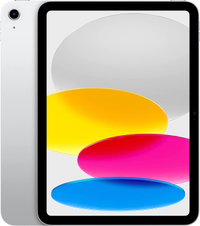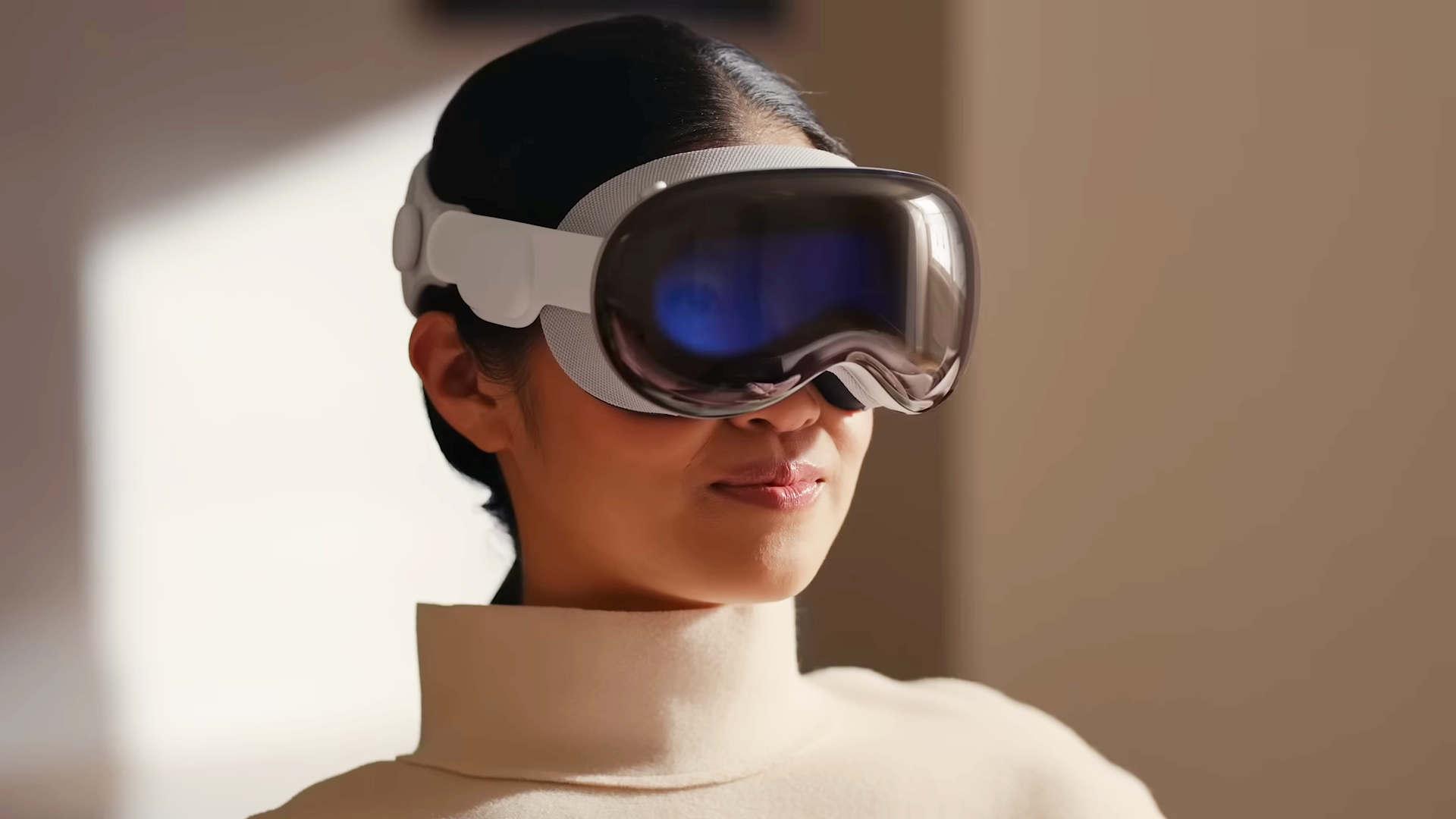Nvidia says it's going to build AI supercomputers in the U.S. as soon as this year
What does that mean for us?

Nvidia is on a course to build AI supercomputers entirely in the U.S. for the first time.
The company announced on Tuesday that it has already acquired a million square feet of manufacturing space in Phoenix, Arizona for TSMC to develop new Blackwell chips.
If you’re unfamiliar with Blackwell, that’s Nvidia’s latest GPU architecture, which you’ll find in the latest RTX 50-series.
Why is Nvidia making this move? Well, the company didn’t really need to say it, but the timing is conspicuous as it coincides with chaotic import tariffs that are unsettling the U.S. economy.
And I do mean chaotic. President Trump recently threatened new tariffs on smartphones just days after exempting them.
So, what does Nvidia's commitment mean for consumers? That's another question entirely.
Nvidia is moving to the U.S. So what?

What does Nvidia moving to the U.S. mean for you? Well, we don’t actually know.
Stay in the know with Laptop Mag
Get our in-depth reviews, helpful tips, great deals, and the biggest news stories delivered to your inbox.
Nvidia Blackwell chips are already in production in Phoenix, and the company is building two supercomputer plants in Texas, with help from Foxconn (Houston) and Wistron (Dallas). Nvidia intends on increasing production in the next 12 to 15 months, with plans to invest up to $500 billion in AI infrastructure overall through its partners, TSMC, Foxconn, Wistron, Amkor, and SPIL.
Act fast to save $150 on the iPad 10 with 256GB of storage.
Features: 10.9-inch (2360 x 1640) Liquid Retina display, Apple A14 Bionic chip, 256GB of storage, 12MP rear camera, 12MP front camera, records up to 4K video, USB-C charging, Magic Keyboard Folio and Apple Pencil support (both sold separately), Touch ID, nearly 11-hour battery life.
Release date: Oct. 2022
Price history: At $349 the 256GB model iPad 10 is at its lowest price ever on Amazon.
Price check: Best Buy $429
Review Consensus: Apple’s 10th Gen iPad is a powerful tablet that performs well, surpassing competitors in productivity-adjacent tasks.
Laptop Mag: ★★★★ | Toms Guide: ★★★½
Buy it if: You want a cheaper iPad Air 6 or iPad Pro alternative. The iPad 10 supports Apple Keyboard and Apple Pencil support which makes it a great all-around tablet for light producitvity and entertainment.
Don't buy it if: You want a tablet solely for checking social apps, streaming content, and playing mobile games. Consider the Fire HD 10 which is great for entertainment, reading e-books, and video calling loved ones.
Founder and CEO of Nvidia Jensen Huang stated, “Adding American manufacturing helps us better meet the incredible and growing demand for AI chips and supercomputers, strengthens our supply chain and boosts our resiliency.”
On an economic level, Nvidia claims that this move will “create hundreds of thousands of jobs in the coming decades and drive trillions of dollars in economic security.”
It’s hard to speculate at this stage, but I hope that this brings down the cost and increases the availability of future GPUs — and maybe this’ll improve how AI functions on future Blackwell chips.
At the very least, Nvidia is confident in its ability to hit its 12-15-month timeline using — you guessed it — AI.
According to Nvidia, the company will use its own “AI, robotics, and digital twin technologies to design and operate the facilities.”
Specifically, Nvidia says it's utilizing Nvidia Omniverse, an AI platform that simulates industrial and robotic use cases, for its twin factories.
Meanwhile, Nvidia says it will use GROOT, a platform built on Omniverse for developing general-purpose robots to actually do the manufacturing at its plant.
I’m no expert, but if Nvidia's new factory is fully automated, it might not create as many jobs as it's suggested.
According to the World Economic Forum's 2025 Future of Jobs Report, AI is expected to create 11 million jobs while simultaneously displacing 9 million others. Meanwhile, robotics features a net decline of 5 million jobs.
More from Laptop Mag

Rami Tabari is the Reviews Editor for Laptop Mag. He reviews every shape and form of a laptop as well as all sorts of cool tech. You can find him sitting at his desk surrounded by a hoarder's dream of laptops, and when he navigates his way out to civilization, you can catch him watching really bad anime or playing some kind of painfully difficult game. He’s the best at every game and he just doesn’t lose. That’s why you’ll occasionally catch his byline attached to the latest Souls-like challenge.
You must confirm your public display name before commenting
Please logout and then login again, you will then be prompted to enter your display name.

